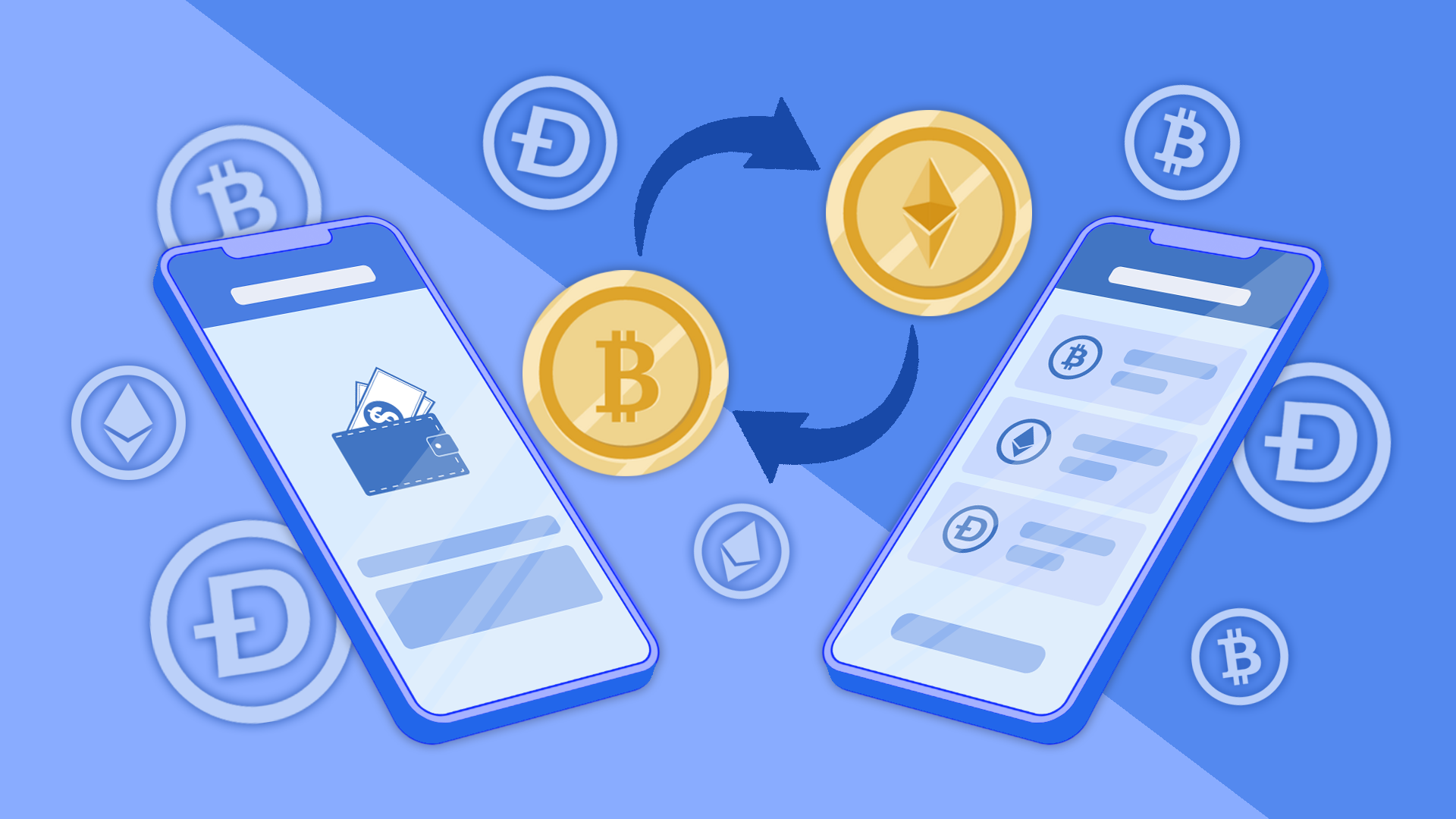
Introduction to Coinbase and its Ecosystem
Coinbase, founded in 2012, is one of the major players in the realm of cryptocurrency, providing individuals and businesses with a platform to buy, sell, and store digital assets. Being one of the world’s largest cryptocurrency exchanges, Coinbase has established itself as an essential part of the global crypto market.
The ecosystem of Coinbase includes a wide array of services such as an exchange platform for trading (Coinbase Pro), a wallet for storing digital assets, and even a platform for merchants who wish to accept crypto payments. Coinbase also offers an API for developers and traders to build applications and trading algorithms. Completing the integration is its secure layer of insurance protection, and commitment to regulatory compliance, making it a highly trusted place for investing in cryptocurrency.
The Occurrence of Transaction Delays on Coinbase
Despite its technological prowess and dominant stature, users occasionally experience transaction delays when using Coinbase. Cryptocurrency transactions, especially those through massive networks like Coinbase, can often experience lag times. Though not an everyday occurrence, these delays can become noticeable during periods of high trading volume or network congestion.
Reasons for Transaction Delays
Transaction delays on Coinbase can largely be attributed to the following factors:

- Network Congestion: During periods of high trading activity, the blockchain network can become congested with the surge of transactions waiting to be written into the block. This congestion can result in delayed transaction confirmation times.
- Enhanced Security Measures: At times, Coinbase might employ additional security measures to certain transactions. While these measures ensure the safety of your assets, they might lead to delays.
- Maintenance and Upgrades: Tecnical maintenance, necessary system updates, or operational improvements can sometimes cause brief delays in processing times.
- Regulatory Compliance: To ensure regulatory compliance, Coinbase, like all crypto exchanges, is obliged to perform due diligence. Periodic audits and verification checks may sometimes result in longer processing times.
What Coinbase is doing to Mitigate these Delays
Recognizing the impact of such delays on the user experience, Coinbase has implemented several measures to mitigate these occurrences:
- Upgraded Infrastructure: One of the priorities of Coinbase is improving infrastructure robustness to handle increased transaction loads during high-volume periods.
- Advanced Algorithms: Coinbase uses advanced predictive algorithms to anticipate periods of high congestion, optimizing the transaction processing accordingly.
- Scaled Customer Service: Coinbase has grown its customer service arm to quickly address such issues.
Conclusion
Transaction delays on Coinbase and other cryptocurrency platforms are inevitable considering the current state of blockchain technology. However, with continuous efforts towards improving the system architecture and transaction processes, services like Coinbase are making strides to enhance the overall user experience in the evolving digital currencies landscape.
Please note, this article is for informational purposes only and does not constitute investment or other professional advice. Always do your due diligence and consult with a qualified professional before making any investment decisions.